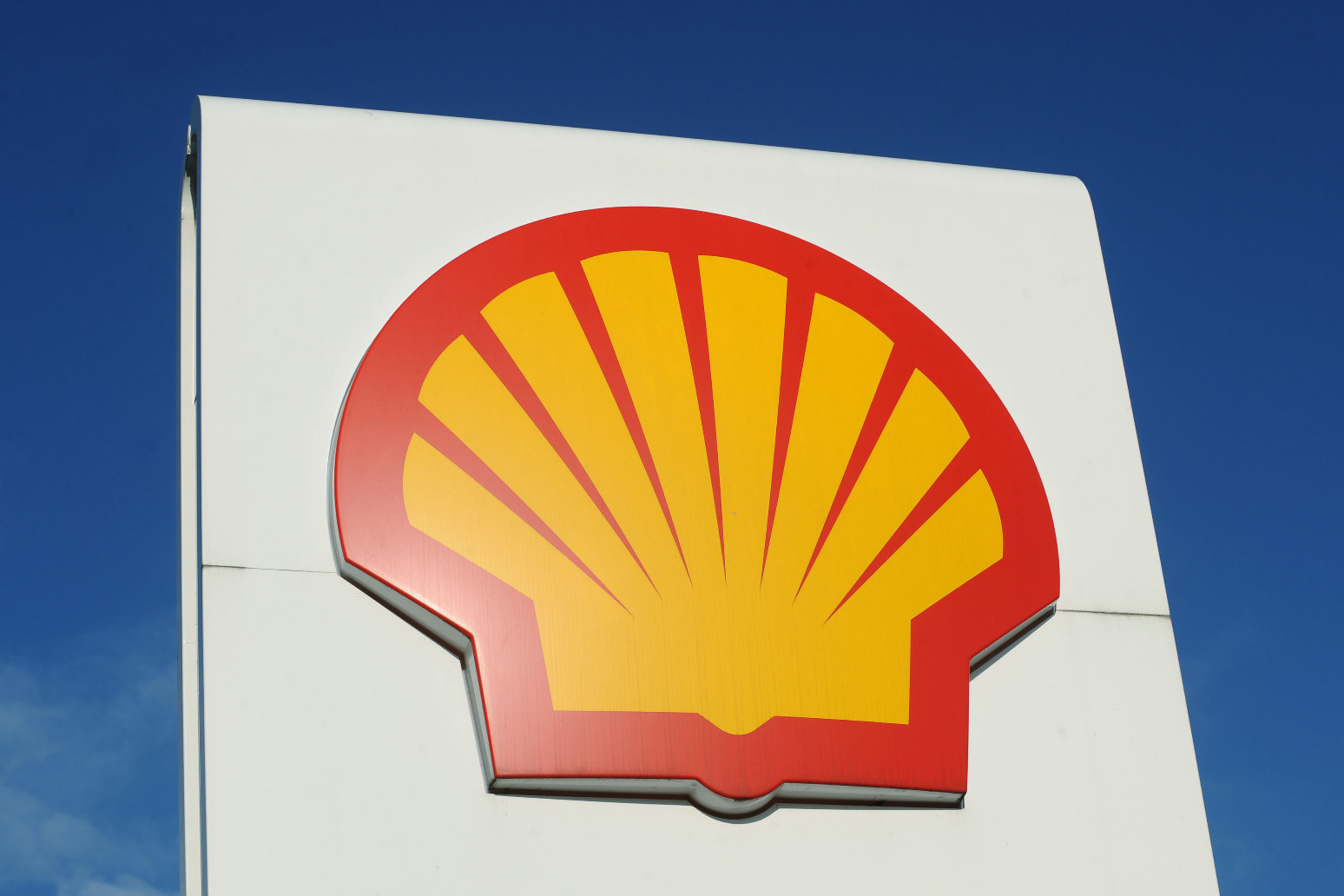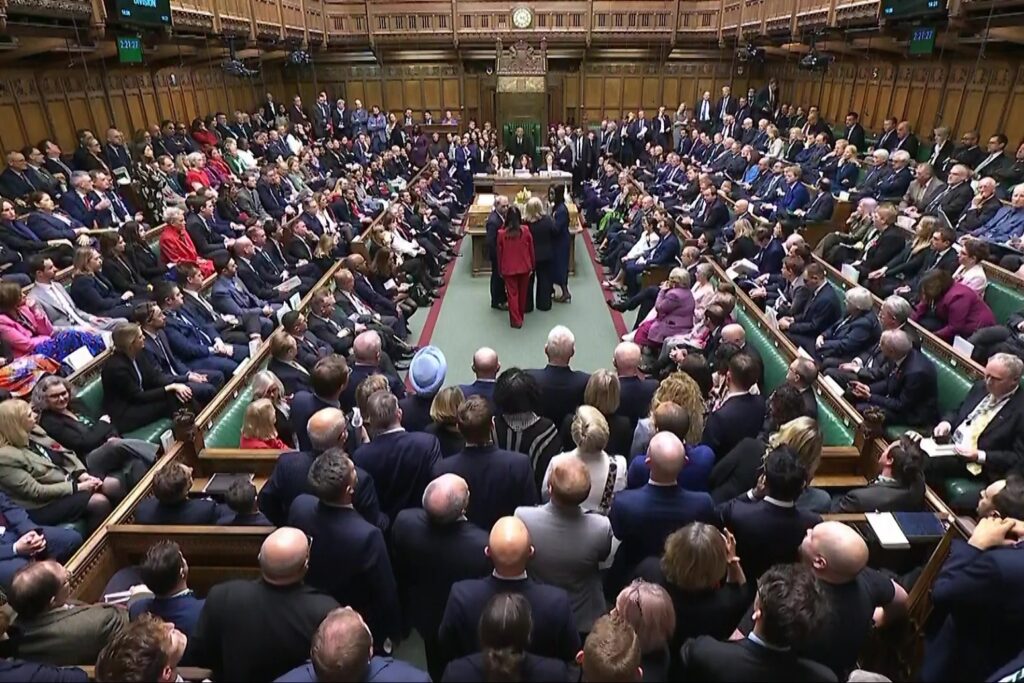This website uses cookies so that we can provide you with the best user experience possible. Cookie information is stored in your browser and performs functions such as recognising you when you return to our website and helping our team to understand which sections of the website you find most interesting and useful.
Shell waters down part of its 2030 carbon reduction pledge
14/03/2024

It’s due to a change to its electricity sector strategy
Energy giant Shell has watered down one of its climate pledges because of a change to its strategy in the electricity sector.
The oil major also revealed on Thursday that in his first year on the job, chief executive Wael Sawan was paid a total of £7.94 million, a reduction of close to £2 million from his predecessor’s pay in 2022.
Mr Sawan was handed a base salary of £1.40 million, an annual bonus of £2.71 million and a £2.60 million long-term incentive payment, among other payments.
Shell said that it now plans to reduce the “net carbon intensity” of the energy it sells by 15-20% by 2030 compared to 2016. Its previous target had been to reduce the measure by 20%.
Net carbon intensity measures the emissions produced by each unit of energy that Shell sells.
If that is a unit of oil, the emissions are higher than if it is a unit of gas. So if Shell sells less oil and more gas the intensity decreases, even if the amount of energy it sells is unchanged.
But a reduction in the intensity does not mean that Shell’s overall emissions drop, because even if the intensity falls, the company could increase its sales, keeping overall emissions stable, or even higher.
The business said that it was changing its target after rethinking its approach to the electricity sector. The company will now focus on “value over volume” and focus more on selling electricity to business customers rather than households.
This means that the overall amount of electricity it sells will have risen more slowly than previously thought, which in turn reduces the speed at which the carbon intensity will be cut.
But alongside the reduction in this target, Shell announced a new target to reduce the emissions caused when customers use its oil products by 15-20% by 2030 compared to 2021.
This is part of what experts call Scope 3 emissions. It is the first ever Scope 3 emissions target that Shell has set.
“I am encouraged by the rapid progress in the energy transition in recent years in many countries and technologies, which reinforces my deep conviction in the direction of our strategy,” said Mr Sawan.
“Our focus on performance, discipline and simplification is driving clear choices about where we can have the greatest impact through the energy transition and create the most value for our investors and customers.
“We believe this focus makes it more, not less, likely that we will achieve our climate targets.”
Jonathan Noronha-Gant, senior fossil fuels campaigner at Global Witness, said: “Shell’s CEO million pay packet is a bitter pill to swallow for the millions of workers living with the high costs of energy.
“Our reliance on Shell’s dirty oil and gas make them rich whilst the rest of us get poorer.”
Published: by Radio NewsHub



